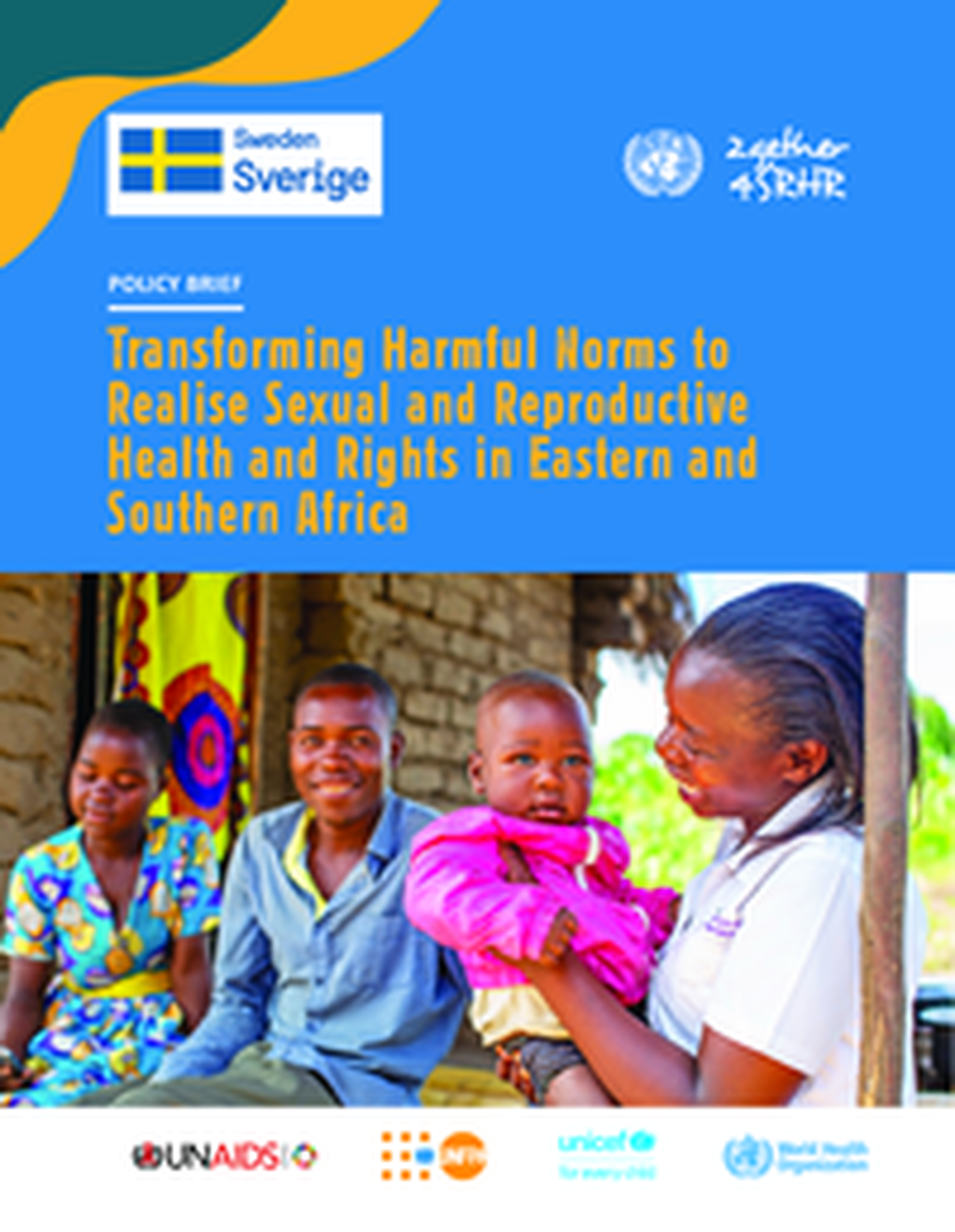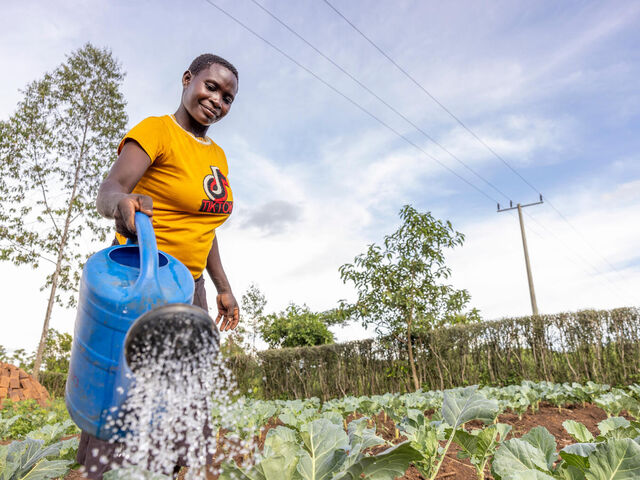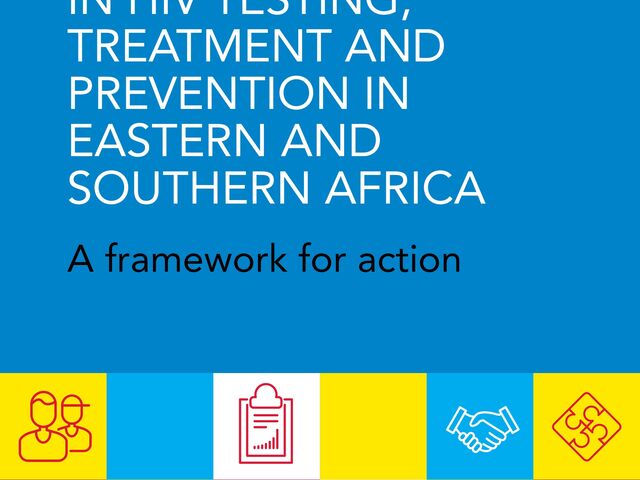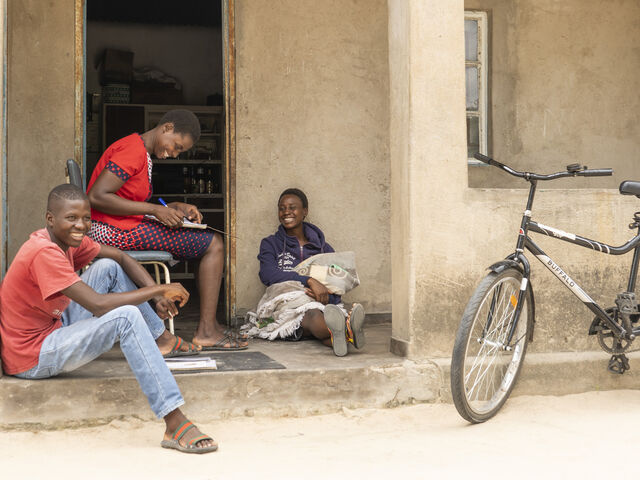
Policy Brief: Transforming Harmful Norms
4 MB
Harmful social and gender norms remain among the most entrenched barriers to health, rights, and equity across Eastern and Southern Africa. Operating quietly but powerfully, these norms limit access to sexual and reproductive health and rights (SRHR) and care, reinforce inequality, and drive stigma, gender-based violence (GBV), and preventable health harms. Despite strong legal commitments, existing policies often overlook the deep influence of social norms, leaving systemic barriers intact. Transforming outcomes requires a deliberate shift in expectations, the public sharing and adoption of new behaviours, and sustained institutional reinforcement. Norms change is not optional. It is essential to realising SRHR in the region, and to achieving Universal Health Coverage, Agenda 2063, Agenda 2040, and the Sustainable Development Goals (SDGs), including SDG 3 on health and SDG 5 on gender equality. Unless we address the invisible rules that shape access to information and services, agency in decision-making, social support and protection from harm, progress will remain stalled. The cost of inaction is high: continued cycles of GBV, preventable HIV infections, early pregnancy, poor health outcomes, lost productivity, and persistent inequality across the region. This brief outlines a strategy for shifting harmful norms through coordinated, cross-sectoral action to embed transformation across all levels of policy and implementation.
Go to external page: Download




